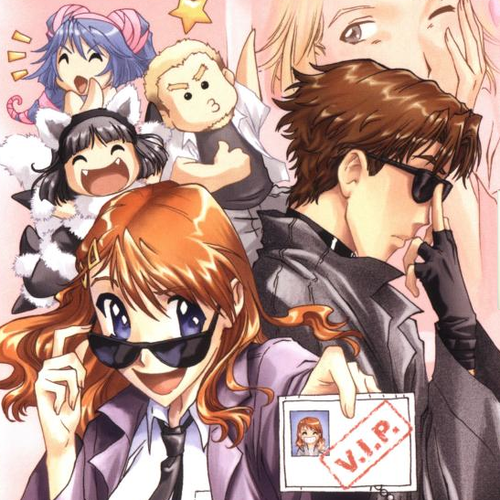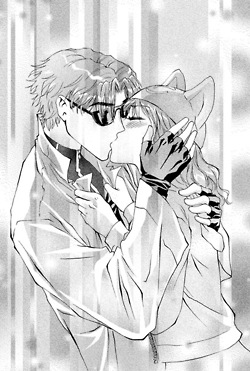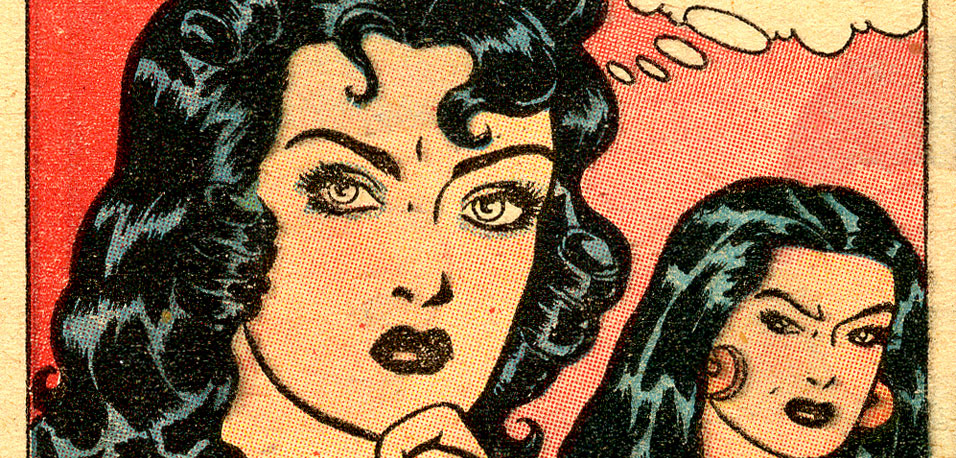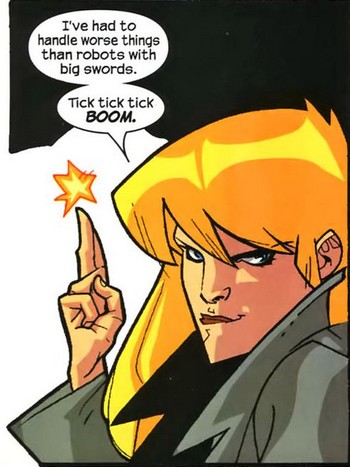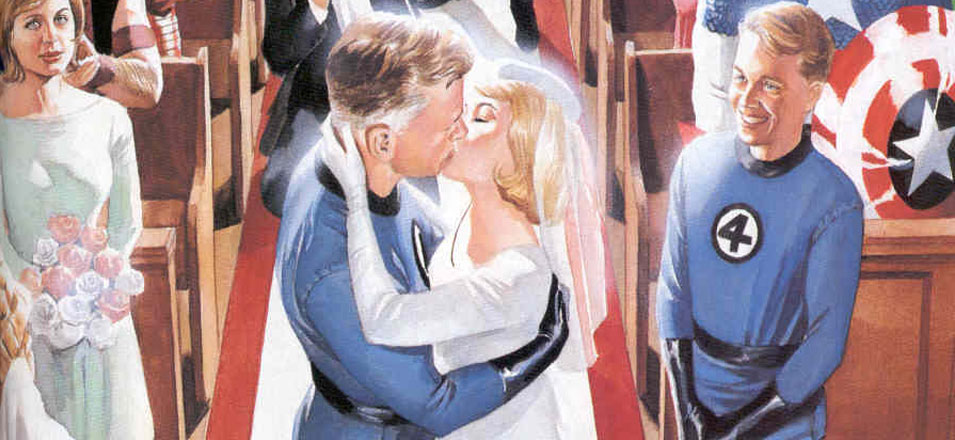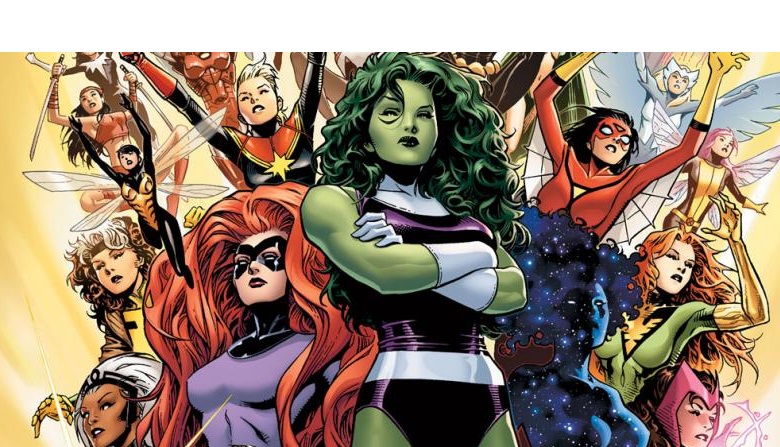Manga Monday: DramaCon
Article by Mara Wood
Manga is a tricky term to define. On the surface, we understand it to be comic books that originate from Japan. That definition becomes even murkier when you see books written by non-Japanese writers. Is it the style of the publication or the point of origin that makes something a manga? Even more problematic is the idea that many creators today were inspired by manga as young readers, and these same creators employ traditional manga elements into their American work (for a deeper discussion, check out Scott McCloud’s Making Comics. He’s got a whole chapter on the influence of manga on American comics). I know this seems more philosophical than anyone wants to read on a Monday, but it’s important to sit and think about this term and how it applies to our comics. Manga is now readily available (even more so these past few months with VIZ titles on ComiXology), and its influence is seen in webcomics, indie comics, and graphic novels around the world. Sure, some people will say that manga can only come from Japan and must be written by a Japanese person, but I believe it has a broader definition than that. Manga has a certain je ne sais quoi to it, an element that screams, “I am manga!” With that in mind, let’s talk about a manga series written by a Russian Canadian woman.
DramaCon, by Svetlana Chmakova, follows Christie, a young woman who writes a manga with her no-good artistic boyfriend. At her first day at an anime convention promoting her manga, Christie sees her boyfriend for what he really is. Every female customer to their booth gets his full attention, much to Christie’s dismay. The convention, combined with the flirtatious behavior of her boyfriend, proves too much for Christie to handle.
While running through the convention halls, she bumps into a mysterious young man named Matt. Despite the sunglasses, a trench coat, and a stone cold face, Christie finds immediate refuge in his arms. Little do they know that they’ve begun a whirlwind convention romance.
Throughout the convention, Christie must come to terms with her broken relationship and her future in the manga world. This is reflective of the young reader’s journey – they must find their place in the vast world (convention), look to mentors (Linda Zeff), and form friendships (Matt, his sister Sandra, and Greta). All the while, Christie, like any other youth, must relieve the dissonance they find when engaged in relationships that don’t line up with their perception of self-worth.
The series is really short – the story takes place over three volumes, each volume relating the tale of the events at the convention one year at a time. These brief snapshots of Christie and Matt from year to year are an interesting storytelling method. Readers come to the story knowing little about the characters’ actions over the past year and must wait for them to meet again and catch up. For anyone who’s been to a convention regularly, this hits home. Conventions bring people from around the world together for a short period of time. Intense bonds are formed, then put aside until next year as life gets in the way. Chmakova captures the spirit of conventions and how they impact people and relationships. DramaCon is a great addition to any manga-lovers’ library.

